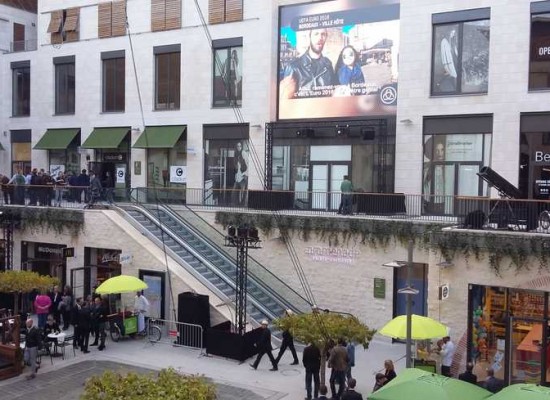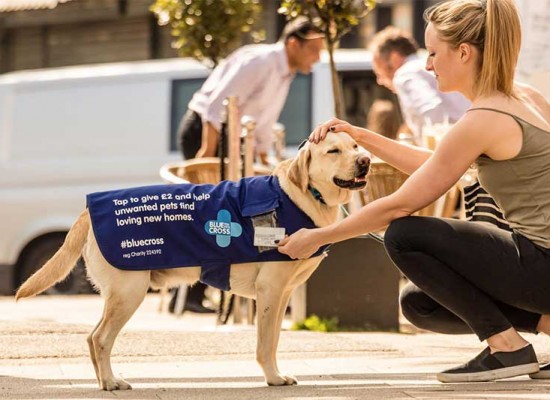We will shortly be launching our own version of the iBeacon (BluBeam) and I thought I would shed some light on how it works, from a marketing perspective.
Beacons are a “push” marketing ploy. When a shopper enters a store, with the appropriate app turned on, the beacon will detect her presence in a certain location.

The beacons work through sending messages via Bluetooth Low Energy so if a shopper stops to browse in a certain section of the store, the beacon will push through messages to her smartphone. This can be anything from promotional vouchers to money-off offers but they must relate to what has grabbed her interest.
NFC is more of a “pull” technology and gives the customer, the control. It also allows the shopper to home in on a product, with more fine detail. So, a typical scenario would be someone looking at clothes. At this point, the beacon would pick up the presence and respond with, say, a promotional voucher.
The customer can then tap on an NFC tag, on the garment’s label or on a shelf label, to check out the finer detail. A tap from the smartphone, may result in a “match-me” service, perhaps suggesting co-ordinating accessories also available in-store. Alternatively, the shopper can check out the item’s source eg is the cotton organic?
You could say that beacon technology is the broad brush strokes whilst the NFC paints in the finer details. And this adds up to a bigger picture of customer needs and expectations.
However, what is clear is the marketing content has to be exactly right and a perfect fit, to gain full potential. This means marketers will have to work really hard and be on the ball, to segment their offering to the correct recipient. It may mean a lot of effort but it should pay dividends in the future.





